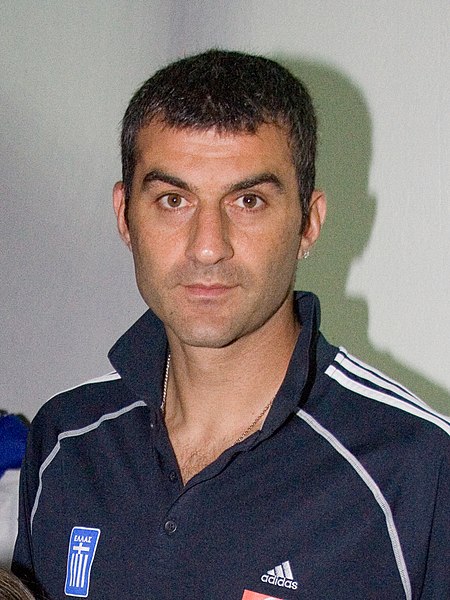Infinite photos and videos for every Wiki article ·
Find something interesting to watch in seconds
Celebrities
Ancient Marvels
World Banknotes
Wonders of Nature
History by Country
Presidents
British Monarchs
Recovered Treasures
Great Artists
Tallest Buildings
Richest US Counties
Great Cities
Great Museums
Orders and Medals
Rare Coins
Best Campuses
Animals
Crown Jewels
Sports
Wars and Battles
Countries of the World
Largest Palaces
Largest Empires
Kings of France
Famous Castles
Supercars
more top lists




